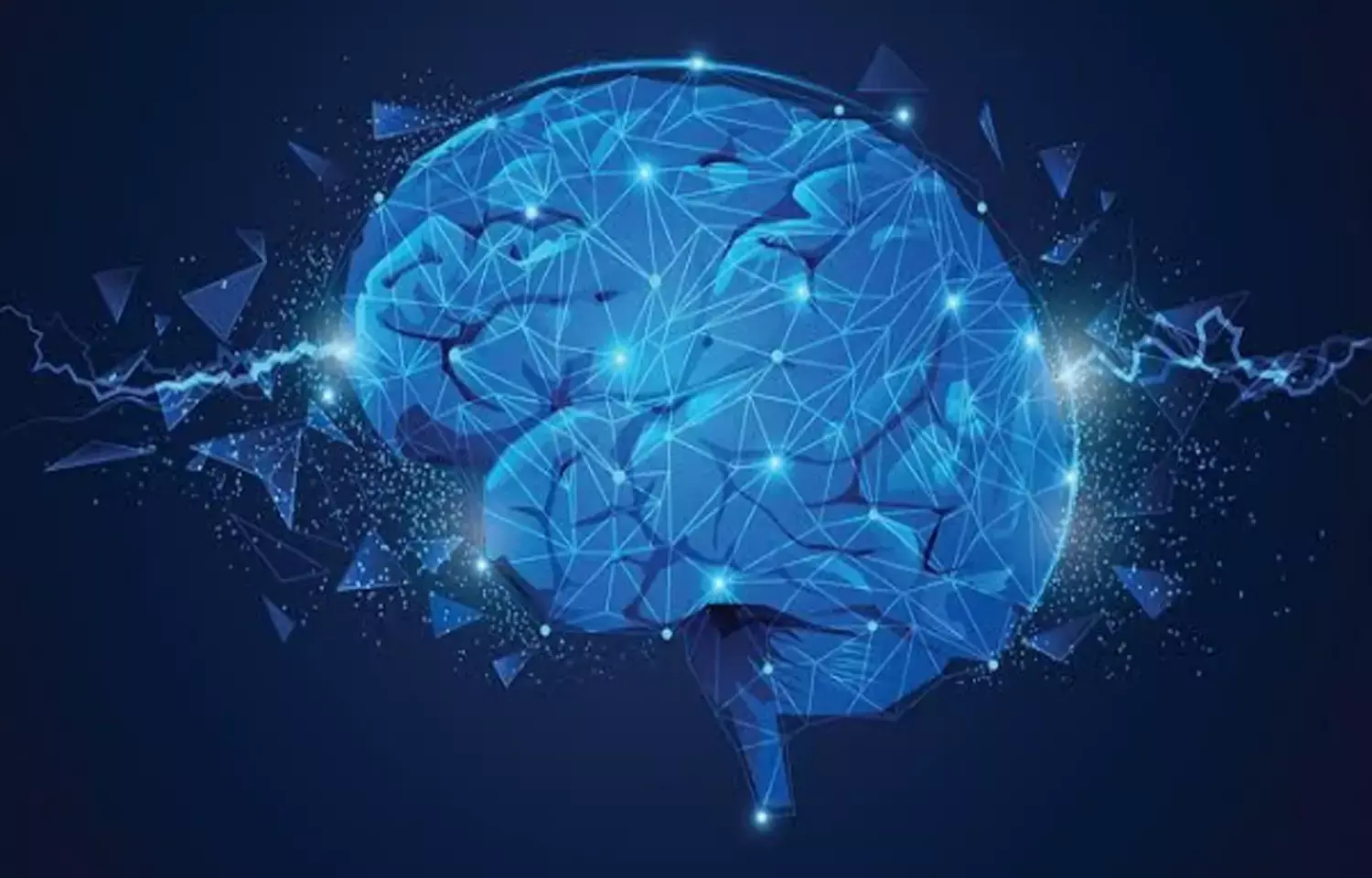- Home
- Medical news & Guidelines
- Anesthesiology
- Cardiology and CTVS
- Critical Care
- Dentistry
- Dermatology
- Diabetes and Endocrinology
- ENT
- Gastroenterology
- Medicine
- Nephrology
- Neurology
- Obstretics-Gynaecology
- Oncology
- Ophthalmology
- Orthopaedics
- Pediatrics-Neonatology
- Psychiatry
- Pulmonology
- Radiology
- Surgery
- Urology
- Laboratory Medicine
- Diet
- Nursing
- Paramedical
- Physiotherapy
- Health news
- Fact Check
- Bone Health Fact Check
- Brain Health Fact Check
- Cancer Related Fact Check
- Child Care Fact Check
- Dental and oral health fact check
- Diabetes and metabolic health fact check
- Diet and Nutrition Fact Check
- Eye and ENT Care Fact Check
- Fitness fact check
- Gut health fact check
- Heart health fact check
- Kidney health fact check
- Medical education fact check
- Men's health fact check
- Respiratory fact check
- Skin and hair care fact check
- Vaccine and Immunization fact check
- Women's health fact check
- AYUSH
- State News
- Andaman and Nicobar Islands
- Andhra Pradesh
- Arunachal Pradesh
- Assam
- Bihar
- Chandigarh
- Chattisgarh
- Dadra and Nagar Haveli
- Daman and Diu
- Delhi
- Goa
- Gujarat
- Haryana
- Himachal Pradesh
- Jammu & Kashmir
- Jharkhand
- Karnataka
- Kerala
- Ladakh
- Lakshadweep
- Madhya Pradesh
- Maharashtra
- Manipur
- Meghalaya
- Mizoram
- Nagaland
- Odisha
- Puducherry
- Punjab
- Rajasthan
- Sikkim
- Tamil Nadu
- Telangana
- Tripura
- Uttar Pradesh
- Uttrakhand
- West Bengal
- Medical Education
- Industry
Electroconvulsive treatment improves major depressive disorder when introduced earlier: Study

Japan: The prediction model created by Kazuki Nakajima and colleagues for electroconvulsive treatment (ECT) remission suggests that introducing ECT earlier in the treatment can improve clinical outcomes. The results of this study were published in The Journal of Clinical Psychiatry.
The most common and incapacitating mental condition in the world, major depressive disorder, is a major contributor to disability on a global scale. These individuals are categorized as having depression that is challenging to treat and are potential candidates for electroconvulsive treatment. Previous electroconvulsive treatment response prediction models were mostly dependent on neuroimaging data, which prevented broad use for severe patients in practical clinical settings. As a result, the objectives of this study were to (1) develop a therapeutically viable prediction model for ECT remission using just clinical data, and (2) identify key elements in the prediction model.
Data from patients who got ECT at Keio University Hospital and had depression (unipolar major depressive disorder or bipolar disorder) diagnosed according to DSM-IV-TR criteria were gathered through a retrospective assessment of cases (recorded between April 2012 and March 2019). Candidate features were drawn from clinical traits. A light gradient boosting machine was utilized to make predictions, and our prediction model was validated using 5-fold cross-validation.
The key findings of this study were:
1. During the course of the trial, 177 depressed individuals had ECT in total, while the percentage of remission was 63%.
2. With a sensitivity of 86% and a specificity of 46%, this model accurately predicted the results of each individual patient.
3. Significant characteristics for predicting remission after ECT include a shorter duration of the present episodes, a lower baseline severity, a greater dose of antidepressants before the procedure, and a lower body mass index.
In conclusion, with a 71.2% accuracy rate, this machine learning model anticipated ECT remission. Application in actual clinical situations is quite likely because the model solely contains clinical data. According to the set of characteristics found in the current study, using ECT early in the course of treatment may enhance clinical results.
Reference:
Nakajima, K., Takamiya, A., Uchida, T., Kudo, S., Nishida, H., Minami, F., Yamamoto, Y., Yamagata, B., Mimura, M., & Hirano, J. (2022). Individual Prediction of Remission Based on Clinical Features Following Electroconvulsive Therapy. In The Journal of Clinical Psychiatry (Vol. 83, Issue 5). Physicians Postgraduate Press, Inc.
Neuroscience Masters graduate
Jacinthlyn Sylvia, a Neuroscience Master's graduate from Chennai has worked extensively in deciphering the neurobiology of cognition and motor control in aging. She also has spread-out exposure to Neurosurgery from her Bachelor’s. She is currently involved in active Neuro-Oncology research. She is an upcoming neuroscientist with a fiery passion for writing. Her news cover at Medical Dialogues feature recent discoveries and updates from the healthcare and biomedical research fields. She can be reached at editorial@medicaldialogues.in
Dr Kamal Kant Kohli-MBBS, DTCD- a chest specialist with more than 30 years of practice and a flair for writing clinical articles, Dr Kamal Kant Kohli joined Medical Dialogues as a Chief Editor of Medical News. Besides writing articles, as an editor, he proofreads and verifies all the medical content published on Medical Dialogues including those coming from journals, studies,medical conferences,guidelines etc. Email: drkohli@medicaldialogues.in. Contact no. 011-43720751


